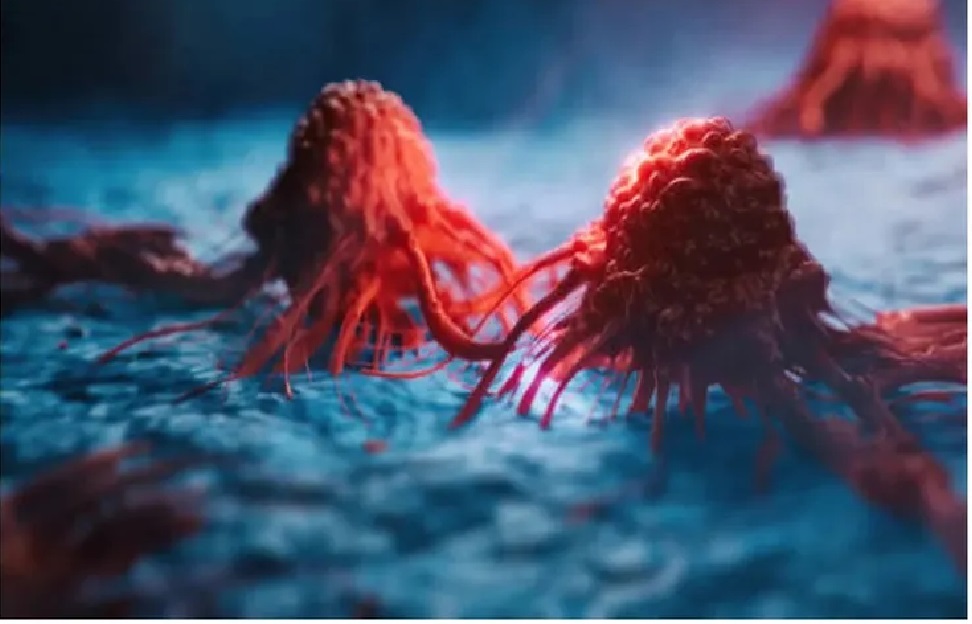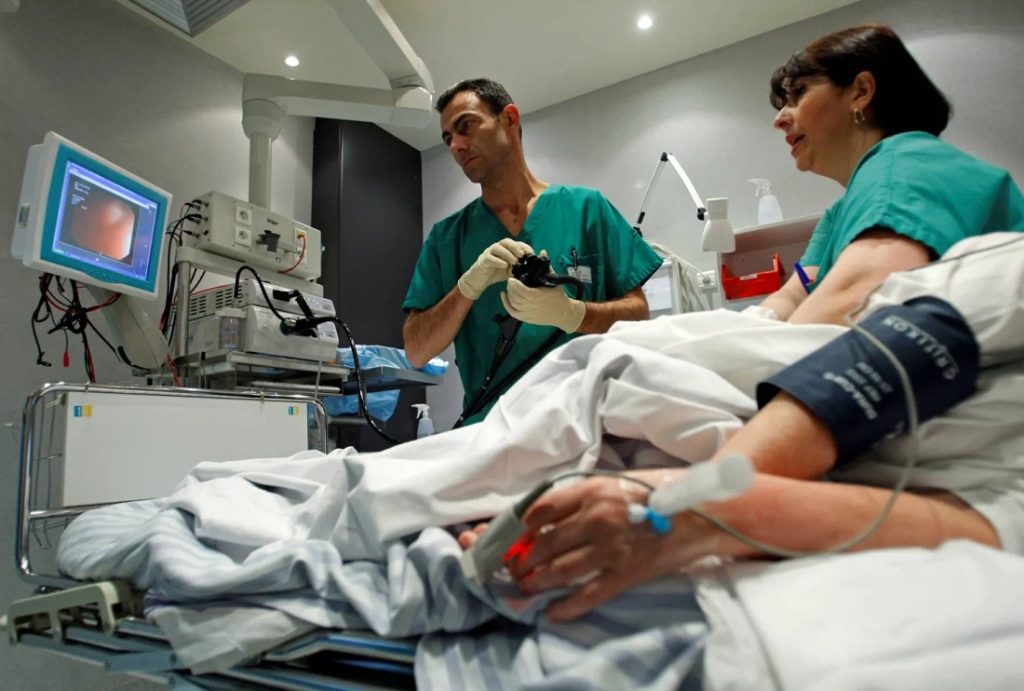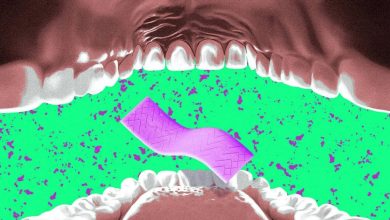More Than Nausea: The Real-Life Impact of Cancer Treatment
Despite public assumptions, cancer treatment can extend well beyond diagnosis. Experts say the King's symptoms are part of a broader, often misunderstood reality for most cancer patients.

Watan-More than a year after King Charles of Britain announced his cancer diagnosis, the palace has issued a statement revealing that he has experienced side effects from his treatment—severe enough to warrant hospital monitoring. Some believe this suggests a complication with his treatment, but side effects affect nearly all cancer patients and can often be surprising, according to a report by The Telegraph.
Treatment Lasts Longer Than Expected
Many may be surprised to learn that King Charles is still undergoing treatment, and still experiencing side effects—even though it has been over a year since his diagnosis in February 2024.
But this is not unusual. Primary, intensive chemotherapy typically lasts four to six months. However, traditional intravenous chemotherapy is just one element of a broader treatment plan. Surgery, radiation, oral chemotherapy drugs, immunotherapy, and a wide range of modern medications are all crucial steps. Many of these treatments are given long-term to prevent the cancer’s return—and all of them can cause side effects that appear at any point.

Nausea Isn’t Always the Worst Symptom
The stereotype of a cancer patient often includes uncontrollable vomiting and nausea. While chemotherapy can indeed cause severe sickness, many patients never feel nauseated at all, and modern anti-nausea medications are often effective for those who do.
A 2023 study found that only a third of cancer patients reported nausea during chemotherapy, whereas 47% experienced diarrhea, a symptom that is rarely discussed but also manageable.
Fatigue Is the Most Common Side Effect
The most commonly reported side effect was debilitating fatigue—described as bone-deep and mentally exhausting—affecting 87% of chemotherapy patients. Roughly 80% of radiation therapy patients also experience fatigue, which is similarly problematic for those on hormone-blocking therapies, such as men with prostate cancer. Cancer-related fatigue is unlike normal tiredness: rest and sleep often don’t help.

Brain Fog
Up to 75% of cancer patients experience “chemo brain,” or cognitive fog, which can be a major challenge—even when physical side effects are mild.
Studies show that cancer itself may cause brain fog due to systemic inflammation, and all chemotherapy drugs are known to be neurotoxic. A 2024 study found that chemotherapy can cause brain shrinkage—though this is usually reversible.
Blood Clots
As many as 20% of cancer patients develop blood clots. Cancer increases blood clotting factors, and chemotherapy drugs—as well as treatments like catheter insertion—worsen the risk.
Nerve Damage (Neuropathy)
According to Cancer Research UK, peripheral neuropathy—a type of nerve damage—is “one of the most difficult side effects of chemotherapy.” It typically affects the hands and feet, causing tingling or numbness that can progress into severe pain and balance problems.
Treating Side Effects Can Cause More Side Effects
Steroids are among the most commonly prescribed drugs in oncology. They are used to prevent side effects such as allergic reactions to cancer therapies and to ease symptoms. However, they come with their own risks, including weight gain, higher infection risk, stomach irritation, and even bone thinning.

Weight Gain
While around 70% of cancer patients experience appetite loss, about two-thirds of breast cancer patients gain weight. The reasons remain unclear, but most patients take steroids to counter other side effects—steroids are known to impact metabolism. These treatments can also trigger early menopause, leading to weight gain. There is also evidence that they increase cravings for sugar and carbs.





